Samsung Collaborating With AMD For Radeon Graphics On Its Smartphones
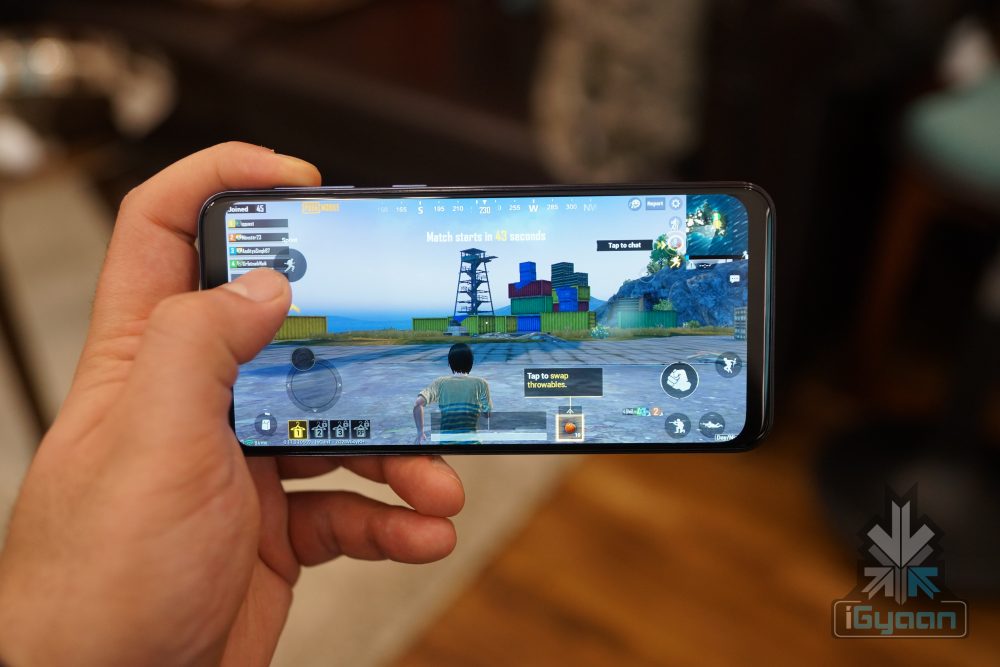
The gaming industry is currently valued at an estimated $93 Billion, with mobile gaming accounting for the largest piece of the pie. American chip manufacturer AMD and Samsung have announced their partnership for upcoming smartphone graphics. Looking at the pace at which the mobile gaming industry is growing, it was only a matter of time until tech giants like AMD had the aforementioned sector in their sights.

Previously, the video game industry used to be a small part of the entertainment business but now, it is one of the major forefronts for digital media. In the year 2018, the gaming industry raked up the same amount of revenue as the US film industry. Unlike in the past when development teams and investment were low and the return profitable, now a dedicated highly qualified team works on a million-dollar project just for the sake of development.
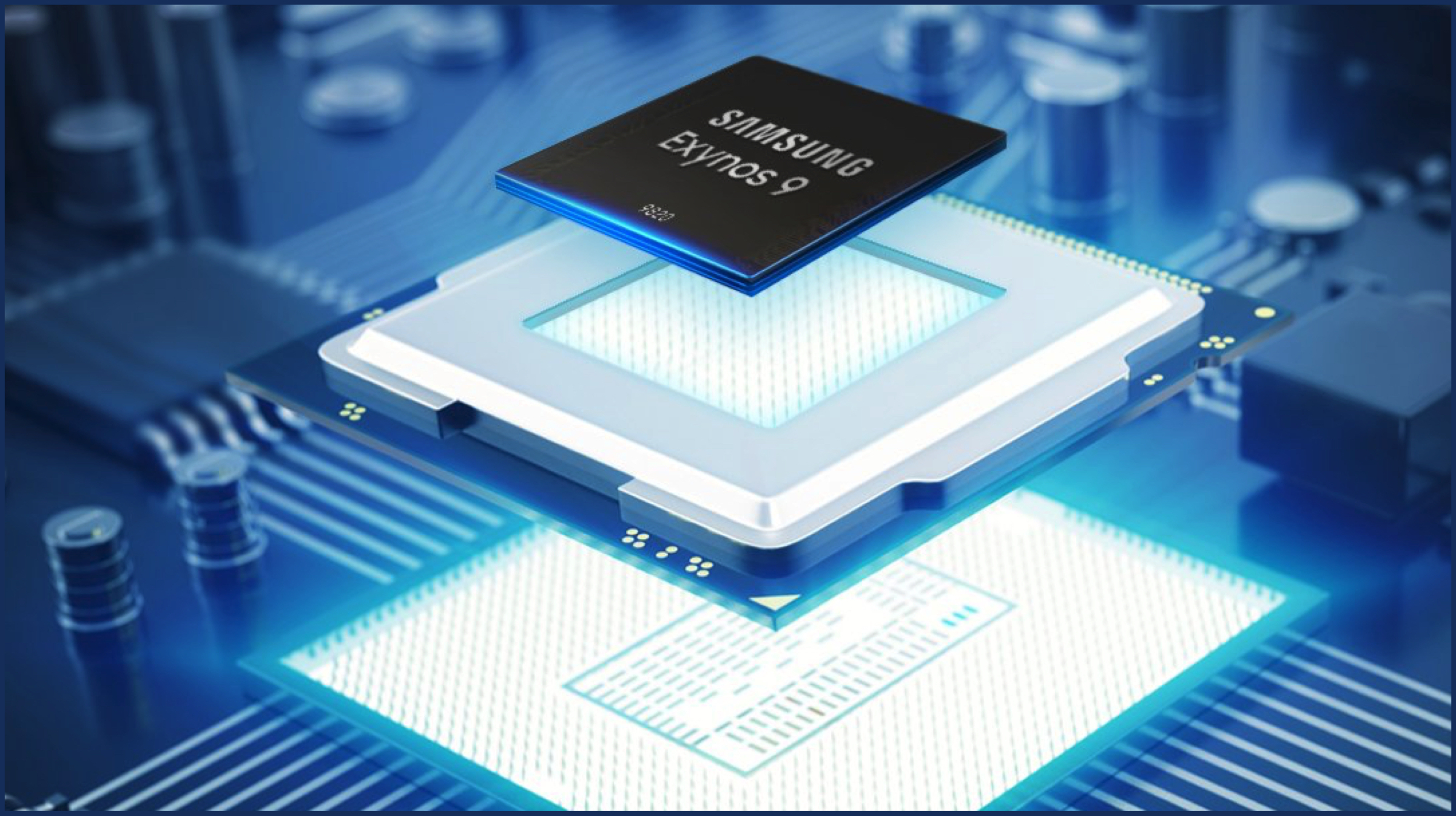
Samsung alongside AMD confirmed the joint venture in a common report. The partnership will see the development of a new ultra-low power high-performance graphics technology. AMD is confirmed to have licensed its proprietary graphical technology to Samsung for use in future mobile chipsets. The South Korean giant will reportedly pay for AMD’s brand new recently announced RDNA graphics architecture.
This will mark a new market for AMD to capitalize on. The graphics technology from team Red will seek to replace the ARM-based Mali GPUs that are found in the Exynos chipsets. Samsung’s strategy to retail different chipsets in different countries may lead to certain countries not witnessing the aforementioned architecture. Most countries are receiving the Exynos chipset while US, Canada, China, Japan and Latin America receive the Qualcomm Snapdragon processors with Adreno GPUs.
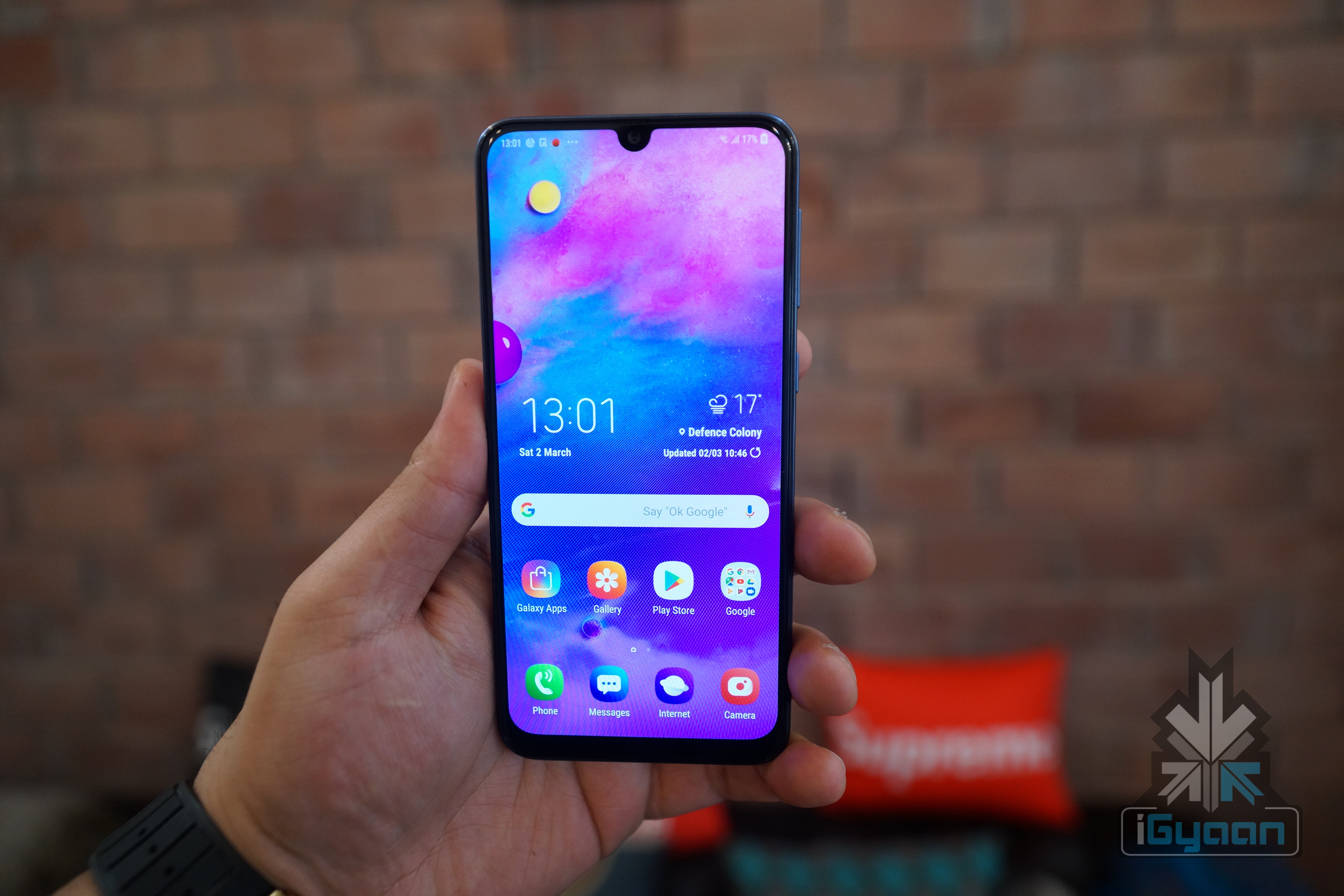 Also Read: As Apple Retires iTunes, Here Is How It Paved The Way For Modern Music Platforms
Also Read: As Apple Retires iTunes, Here Is How It Paved The Way For Modern Music Platforms
It can be noted that AMD previously owned the Adreno GPU technology before it sold its graphics division to Qualcomm in 2009. Radeon graphics are renowned for its desktop GPU lineup and incorporation in game consoles like PS4 and Xbox One. Its architecture is also being optimized in upcoming Google Stadia, the cloud gaming service.
















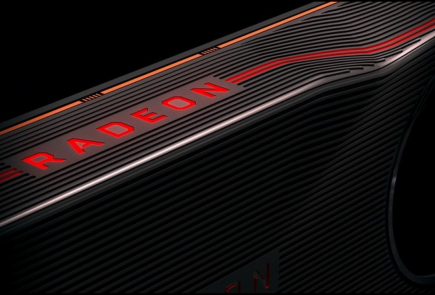
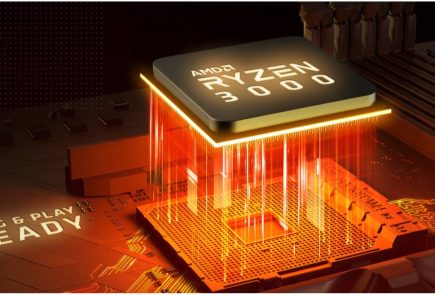

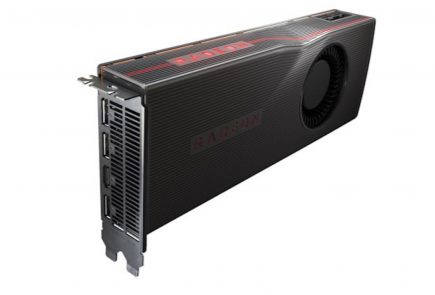


 . Thou
. Thou
 ! For i
! For i